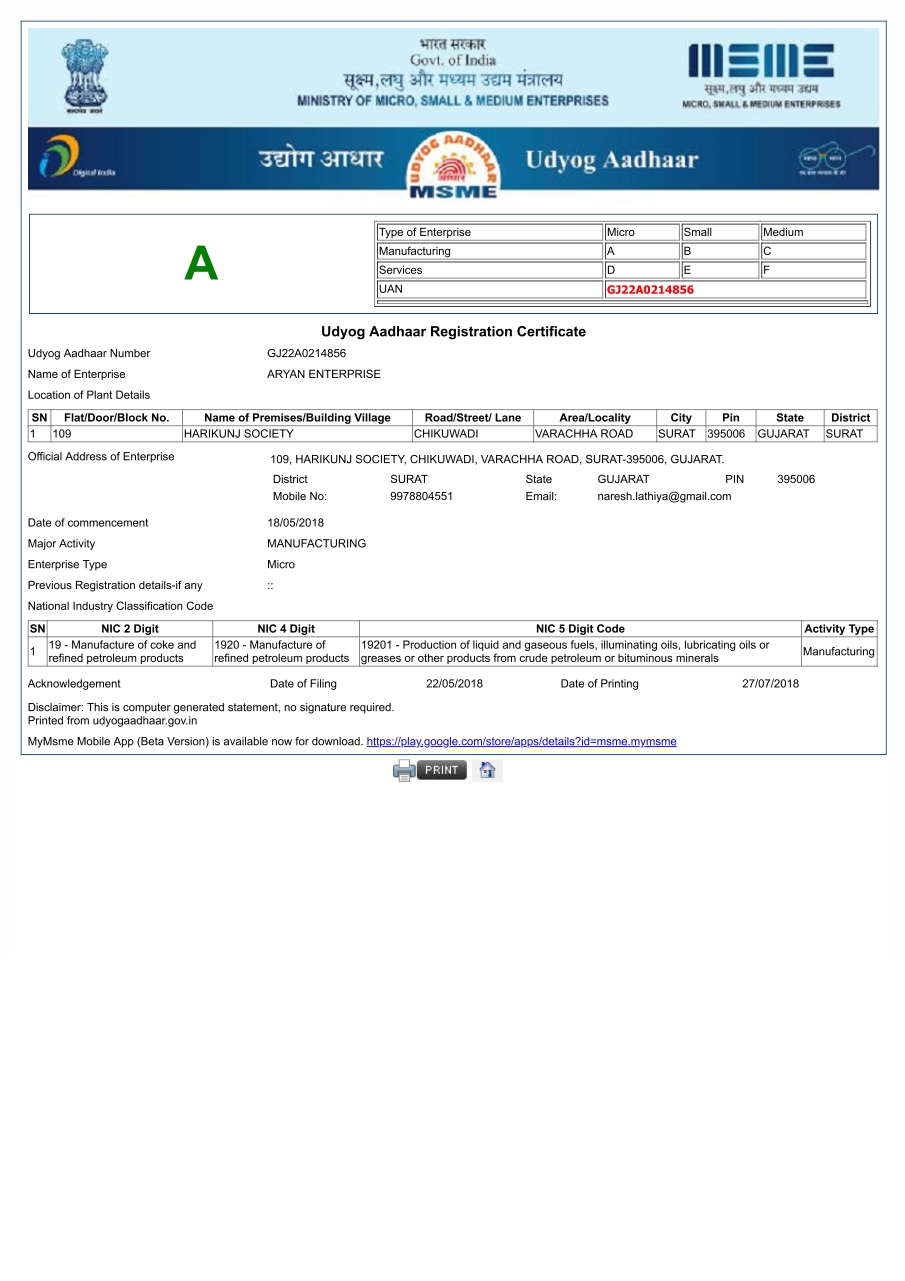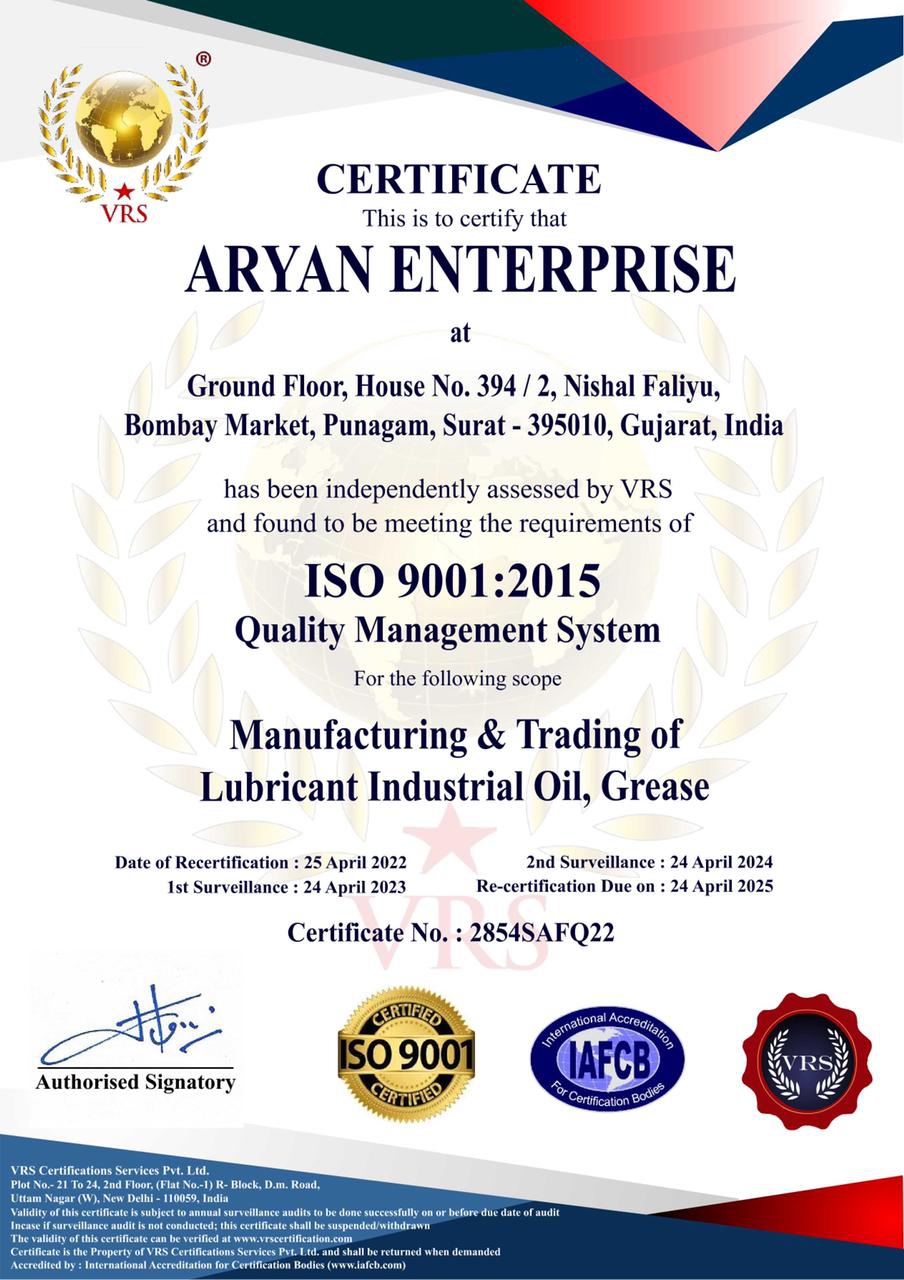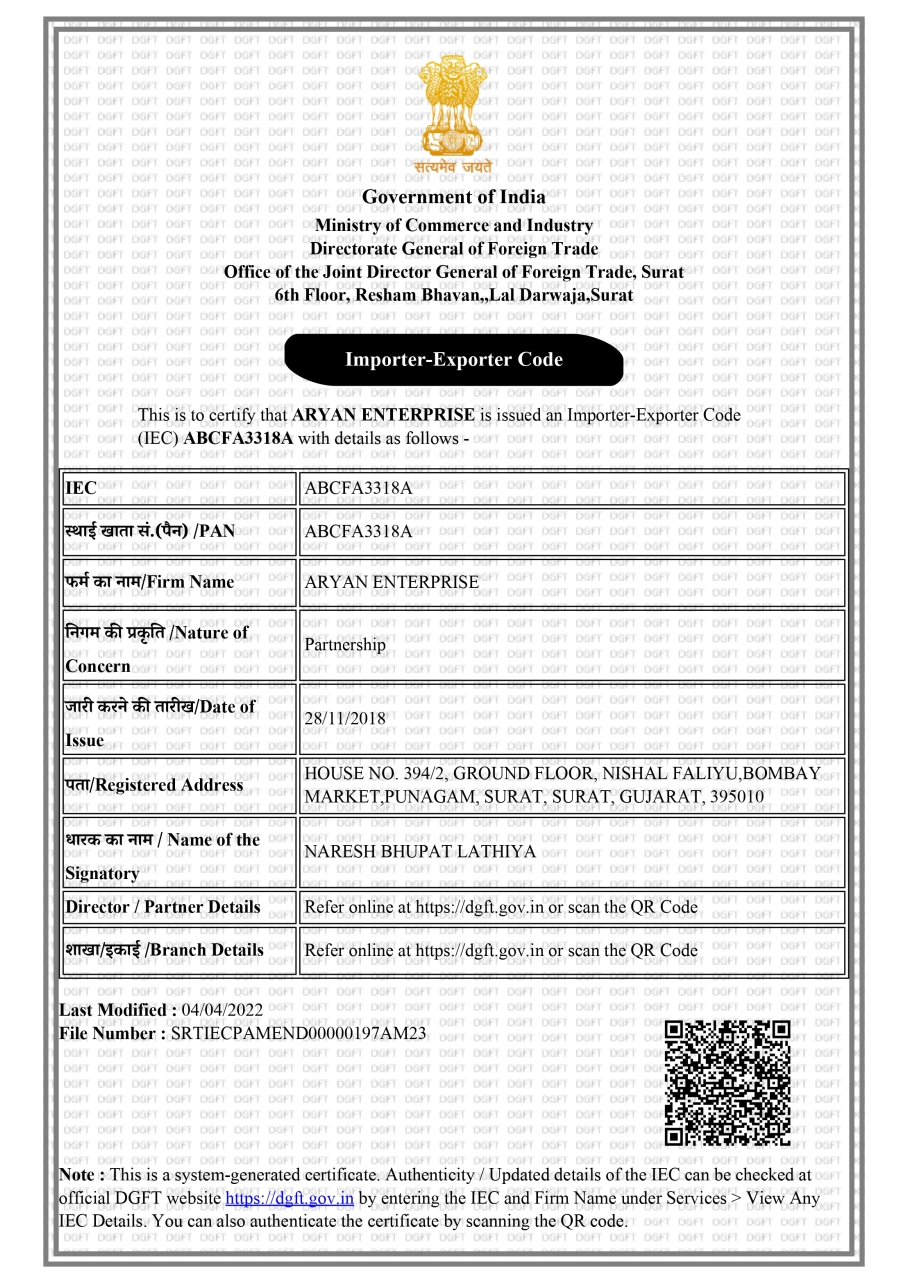HISTORY OF BIODIESEL FUEL
Developed in the 1890s by inventor Rudolph Diesel, the diesel engine has become the engine of choice for power, reliability, and high fuel economy, worldwide. Early experimenters on vegetable oil fuels included the French government and Dr. Diesel himself, who envisioned that pure vegetable oils could power early diesel engines for agriculture in remote areas of the world, where petroleum was not available at the time.
Modern biodiesel fuel, which is made by converting vegetable oils into compounds called fatty acid methyl esters, has its roots in research conducted in the 1930s in Belgium, but today’s biodiesel industry was not established in Europe until the late 1980s.
The diesel engine was developed out of a desire to improve upon inefficient, cumbersome and sometimes dangerous steam engines of the late 1800s.The diesel engine works on the principal of compression ignition, in which fuel is injected into the engine’s cylinder after air has been compressed to a high pressure and temperature. As the fuel enters the cylinder it self-ignites and burns rapidly, forcing the piston back down and converting the chemical energy in the fuel into mechanical energy.
Dr. Rudolph Diesel, for which the engine is named, holds the first patent for the compression ignition engine, issued in 1893. Diesel became known worldwide for his innovative engine which could use a variety of fuels.


Early Work
The early diesel engines had complex injection systems and were designed to run on many different fuels, from kerosene to coal dust. It was only a matter of time before someone recognized that, because of their high energy content, vegetable oils would make excellent fuel.
The first public demonstration of vegetable oil based diesel fuel was at the 1900 World’s Fair, when the French government commissioned the Otto Company to build a diesel engine to run on peanut oil.The French government was interested in vegetable oils as a domestic fuel for their African colonies. Rudolph Diesel later did extensive work on vegetable oil fuels and became a leading proponent of such a concept, believing that farmers could benefit from providing their own fuel.
However, it would take almost a century before such an idea became a widespread reality. Shortly after Dr. Diesel’s death in 1913 petroleum became widely available in a variety of forms, including the class of fuel we know today as “diesel fuel”. With petroleum being available and cheap, the diesel engine design was changed to match the properties of petroleum diesel fuel.
The result was an engine which was fuel efficient and very powerful. For the next 80 years diesel engines would become the industry standard where power, economy and reliability are required.
HISTORY OF SIGNATURE
-
2010Established
Mr Hitesh Patel founded ARYAN ENTERPRISE (ARYAN OIL AND CHEMICAL). -
2011Aryan Oil started to Supply embroidery machine oil to Manufacturers & Traders.
-
2013ISO Certified Company
achieved ISO-9001:2015 Certificate. -
2014Manufacturing unit Fully automatic plant was established along with company's own products.
-
2015Added Innovation Signature Lubricants Company paved way into Manufacturing Bulk Engine Oil.
-
2017Third Party Job Signature Lubricants Company developed Products for Manufactures & Traders.
-
2018Marked turn for the Company
Mr. Naresh Patel became young Director of the Company. -
2019Expansion Nationwide Product of Signature Lubricants became well-known in 18+ States of India
-
2020Worldwide Impact SIGNATURE Company Started to export products in 3 Countries
-
2021Company also added a new product it is a automotive filter all types of air filter and oil filter its a big achievement for company SIGNATURE INDUSTRIES.
Mr. Paresh Patel




